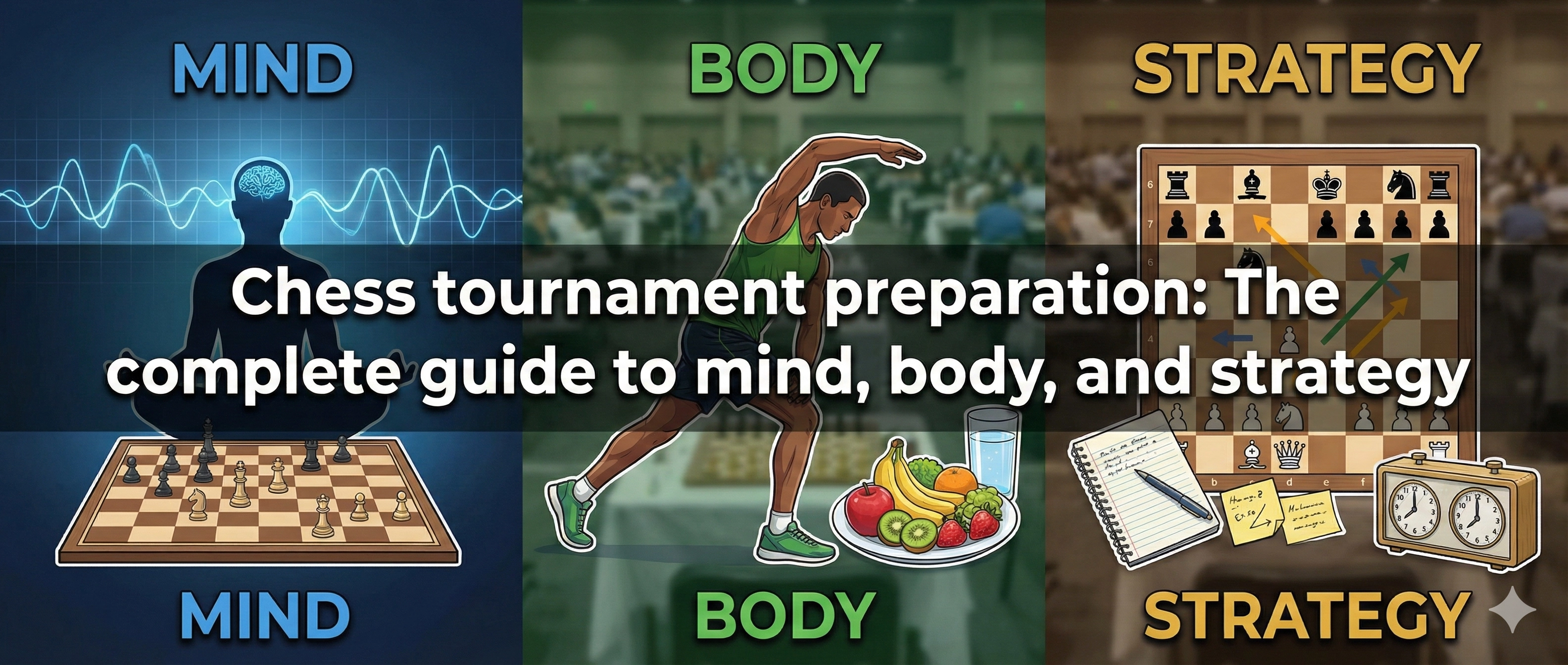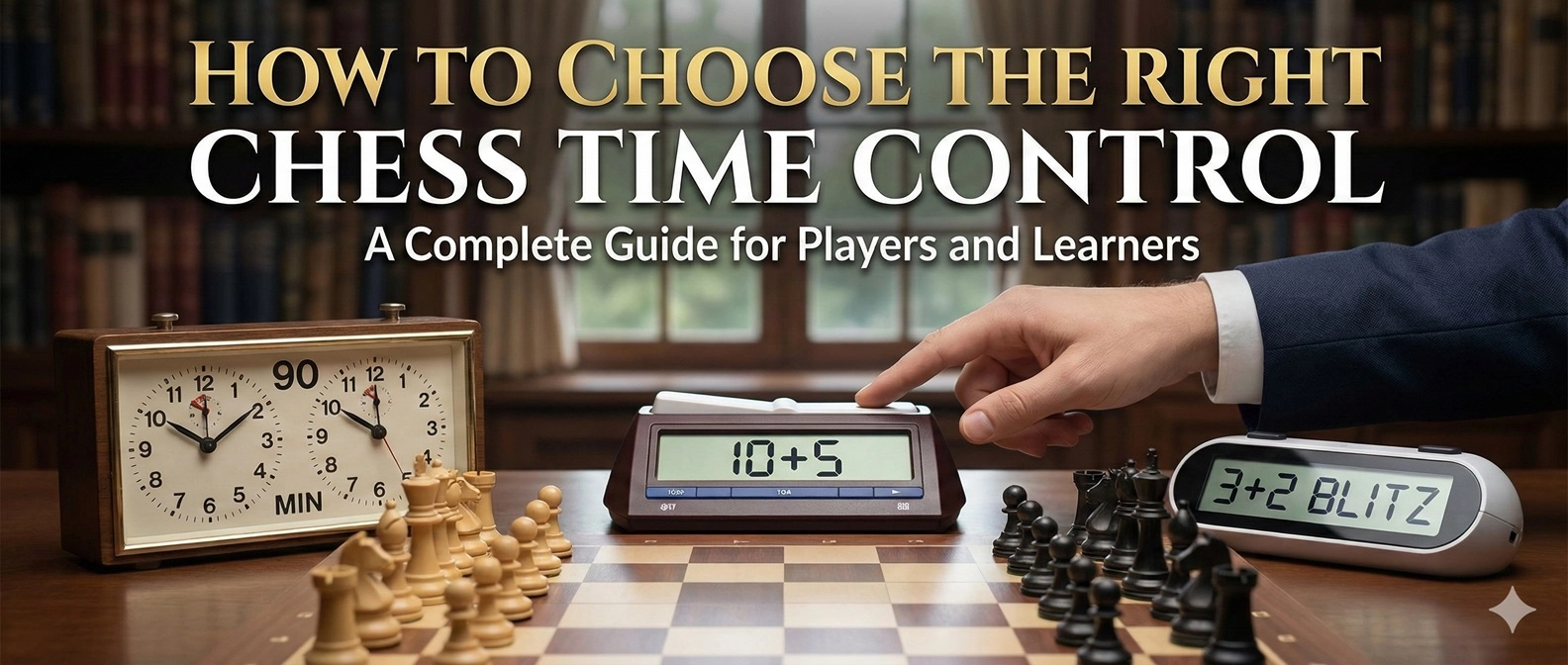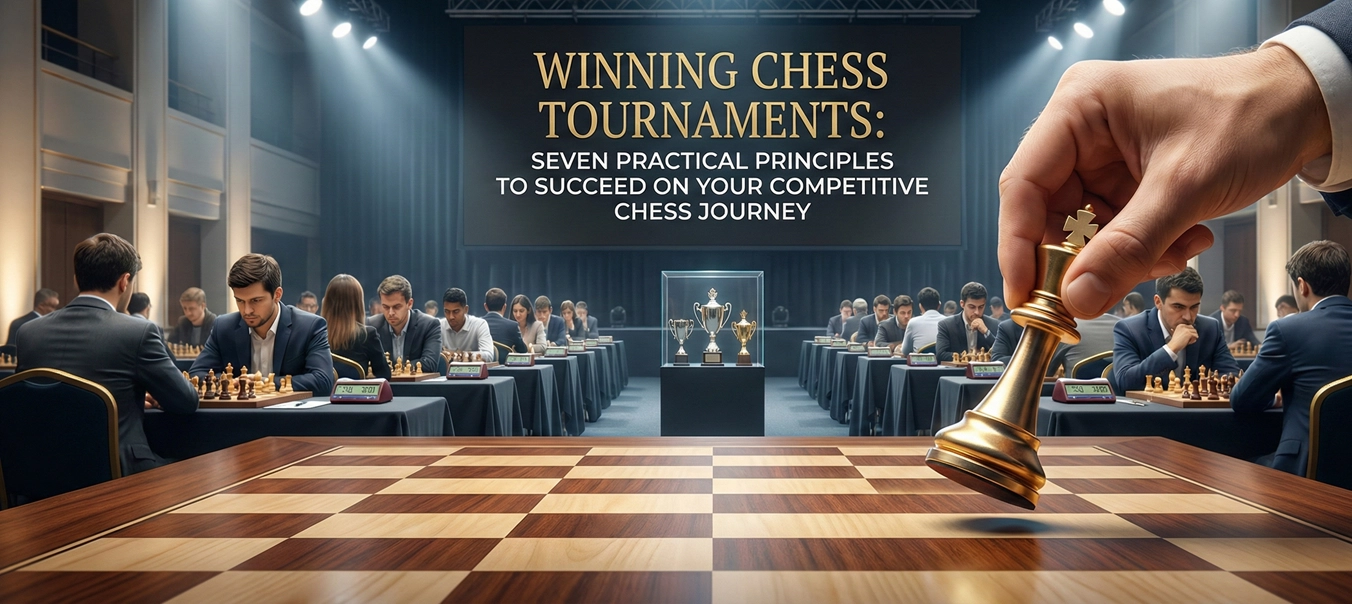Did you know Chess was the PUBG for the 7th century AD? Yep, everybody played this board game in India and other parts of South Asia. It is so popular that Chess was mentioned in ancient books such as Harscharita and Chatrang-namak.
By the middle of the 9th century AD, a chess manual–Kitab ash-shatranj–was written by al-Adli ar-Rumi. Can you imagine that? A manual for the game of Chess when there were hardly any books! Dear readers, this mere indoor game is older than history, older than many countries and civilizations.
Think about it. There was nothing called England or Russia when Chess was already a popular game. Intrigued by the game of Chess? Join EnthuZiastic Chess Classes to begin your journey as a chess player. As a matter of fact, Chess influenced history and society–the life we’re living today–significantly.
Chess Teach You

Karl Marx, the author of Das Kapital, was also an avid chess player. Some even joke that he spent years on his book because he got caught up in chess opening strategies! Whether or not you admire Marx, it’s clear that chess has influenced society and civilization. Let’s explore the life lessons of chess and discover the virtues of this incredible board game.

What Does Chess Teach You?
I have been playing Chess for more than a decade now, and here are a few things that Chess teaches us.
Chess teaches us to keep trying. No matter how.
Chess teaches us failures are the stepping stones to success.
Chess trains us to seize the day.
Chess teaches us it’s okay to be weak.
Chess teaches us to set goals.
Chess teaches us the importance of planning.
Playing Chess trains us to think out of the box.
Chess trains us to take action.
8 Life Lessons From Playing Chess
1. Keep Trying
Garry Kasparov says, “Chess is life in miniature. Chess is a struggle, chess battles”, and I can’t agree more. Whenever I try to find a metaphor for Chess, it reminds me of life.
Playing Chess means facing obstacles. You have to find your way through the challenges by using tips and tricks. However, that’s not going to happen in a single day. Does it?

Like a chess player, you begin as a novice and keep practicing till you become a master in Chess. In simple words, you have to be like Forrest Gump.
So, whenever you feel you can’t take it anymore, you tell yourself, “Run, Forrest run.”

No matter who supports you and who doesn’t, you have to keep doing what you want to do.
2. Failures are the Stepping Stones to Success
When I started writing this, I wondered what DOES Chess teach you. Honestly, not many things came to my mind. However, later on, the first thing that popped into my head was this–Chess shows us the practicality of "failures are the stepping stones to success."
It’s okay to fail. My dad used to say that failing successfully is another important skill we need to survive everyday life.
My point is, don’t be scared or ashamed of failures. Try hard and keep failing till you become successful in whatever you’re trying to do. The legend José Raúl Capablanca said something similar: “You may learn much more from a game you lose than from a game you win. You will have to lose hundreds of games before becoming a good player.”
Do you need help with your chess moves? Connect with Enthu Chess experts and learn everything you need to know.
3. Seize the Day
What is a chess game if not a do or die situation! Right? One of the primary life lessons of Chess that I learned was one must seize the day.
Now, imagine you’re playing a chess game, and you’re already in a bad position. What will you do? Obviously, there won’t be any Robin Williams screaming on top of his lungs, “Carpe diem.”
You have to carpe diem yourself because, dear friend, you have no other choice. You're your savior; you’re your knight in shining armor. In life, you have to do the same.
Whenever you’re facing life troubles, you have to walk forward, show grit and resilience, and seize the day. No matter what.
4. It’s Okay to be Weak

Chess is all about practicing, failing, and getting beaten till you become a grandmaster. And do you know what you are during all the practicing, failing, and getting beaten? You’re weak. Any beginner is weak. Chess teaches us it’s okay to be weak.
It’s okay to play a bad move. Because we all start as a beginner, even in life, it teaches empathy and makes you wiser. Remember, Irving Chernev once said, “Every chess master was once a beginner.”
Therefore, it’s okay to be vulnerable and weak. It only means you’re getting better.
5. Set Goals
Be it life or a chess game, if you want to achieve something, you need to set a goal. Otherwise, everything’s as meaningless as shooting in the dark.
If you want to attack the queen during the middlegame, then that’s your goal. If you want to use your rooks, develop them because that is your goal. And you must make moves accordingly on the chessboard.

Likewise, in life, you have to make moves keeping your goals in mind. A goal doesn’t necessarily be fame or money; it can also be residing in a calm cottage near a babbling brook.
In my early 20s, I yearned to become a famous grandmaster. Now, my goal is to lead a happy life while teaching chess to young kids. Thus, setting goals is one of the primary life lessons of Chess, so if you have a goal already, excellent! If you don’t, set one immediately.
6. The Importance of Planning Beforehand

Four adult men going from one place to another aimlessly, clueless about their day? Well, a life without proper planning is somewhat like that.
Contrastingly, Chess is all about planning–be it opening with a good pawn structure or strategizing a powerful attack. Go ahead; plan it beforehand and work step-by-step to achieve your goal.
Chess players have relied on thorough planning over the course of history. A clever player learned Queen’s Gambit declined strategies along with Queen’s Gambit.

But whenever a player overlooked strategies and rules, checkmate became a distant dream. Instead, they ended up ambushed even before reaching the endgame. Similarly, life is a maze, and you have to plan your way out just like a good chess player does.
Playing Chess regularly teaches you the importance of envisioning your steps beforehand. In order to be a successful person in life, you must strategize your plans like experienced players.
7. Think Out of the Box
Does it ever happen that you try to begin with a chess opening, but your enemy’s move is completely opposite to that? And you don’t know which chess pieces to develop? Well, it sucks! Even though it kind of sounds similar to life.
Isn’t it? During a chess game, you try to think out of the box and lookout for a new pathway to reach the checkmate position. Something similar goes for life as well. You have to think out of the box to survive, sustain, and be successful.
8. Chess teaches us to Take Action On one hand
If Chess teaches us it’s okay to be weak, on the other hand, it also trains you to act and assert power on the whole board. In short, Chess teaches us to take action.
After all, a game of chess is all about pattern recognition, finding new opportunities, and attacking the opponent. Just think that your problems are your opposing player, and you’re Bobby Fischer.
Don’t sit around and simply tell yourself that it’s okay to be weak. Find new ideas. Yes, it’s okay to be vulnerable and weak, but only because you’re still planning to act.
Remember, even HODOR holds the door. My point is you must take action. Prepare, plan, practice, and then ACT.



Conclusion
Chess is known as the game of kings. Earlier, I often wondered why it was so. Amongst uncountable outdoor sports and board games, why did kings enjoy playing chessboard? Now, I think I know why.
Because Chess resembles life. It’s the likeness with life that makes Chess such an important yet fun game. Chess as a sport is a Global game. It can stimulate your brain, at the same time, teach you priceless life lessons. Keep Playing Chess! Sayonara!
FAQs
1. Does Chess improve your IQ?
Chess has been showing a remarkable increase in students' overall IQ scores. A study involving primary students found a significant increase in their IQ scores after only a few months of chess training.
So, yes, according to studies, Chess improves IQ by enhancing critical thinking and rationality. To learn more about the benefits of Chess, please visit this blog.
2. What are the benefits of learning Chess at a younger age?
According to studies done at various universities, playing Chess significantly improves children's visual memory, attention span, and spatial-reasoning ability.
In addition to that, chess is persuasively linked to improving children's concentration, even mathematical abilities, problem-solving, critical, original, and creative thinking. It also helps increase memory.
It is a game for all kids and should not only be perceived as a game for gifted children.
3. What are the effects of regularly playing Chess on thinking ability?
Undoubtedly, Chess positively affects thinking abilities both in younger children and elderly folks. Besides recreation, playing chess influences thinking abilities by improving brain function, critical thinking, memory, cognitive abilities, strategic thinking, attention, and memory span.
4. How is Chess related to real-life situations?
Chess is similar to real-life situations in many ways. Firstly, both Chess and life are full of unexpected and surprising turns of events.
Secondly, like Chess, you have to be quick and upfront regarding your decisions. Next, I think the courage, grit, and resilience you need to play Chess is quite similar to life.






Comments